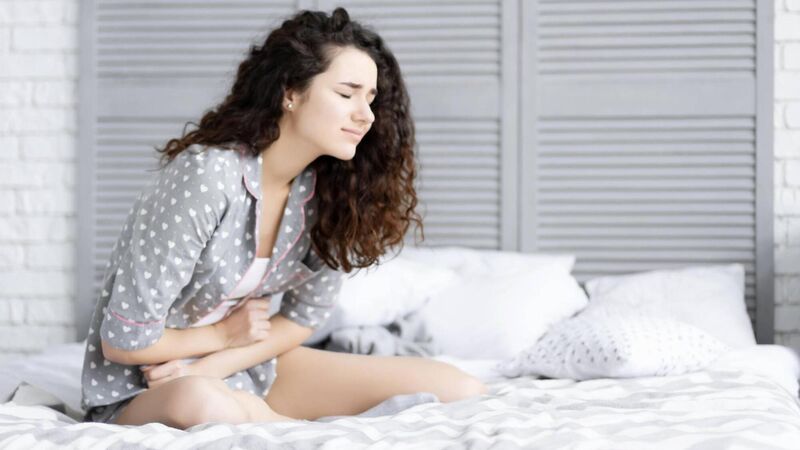Dr Phil: What can my teen do about painful periods?

Pic: iStock
Period pain is something many women experience frequently and others rarely, if at all. Painful periods can cause a lot of distress.
Try from €1.50 / week
SUBSCRIBEMy teenage daughter gets excruciating period pain. She takes ibuprofen, which helps but does not take the pain away. What else can she do?
Period pain is something many women experience frequently and others rarely, if at all. Painful periods can cause a lot of distress.
Already a subscriber? Sign in
You have reached your article limit.
Annual €130 €80
Best value
Monthly €12€6 / month
Introductory offers for new customers. Annual billed once for first year. Renews at €130. Monthly initial discount (first 3 months) billed monthly, then €12 a month. Ts&Cs apply.
CONNECT WITH US TODAY
Be the first to know the latest news and updates
Newsletter
The best food, health, entertainment and lifestyle content from the Irish Examiner, direct to your inbox.
© Examiner Echo Group Limited